
Critical care nurses providing care for adults at the end of life may encounter moral distress when they cannot do what they believe is ethically correct. Psychological empow- erment can decrease moral distress among critical care nurses.
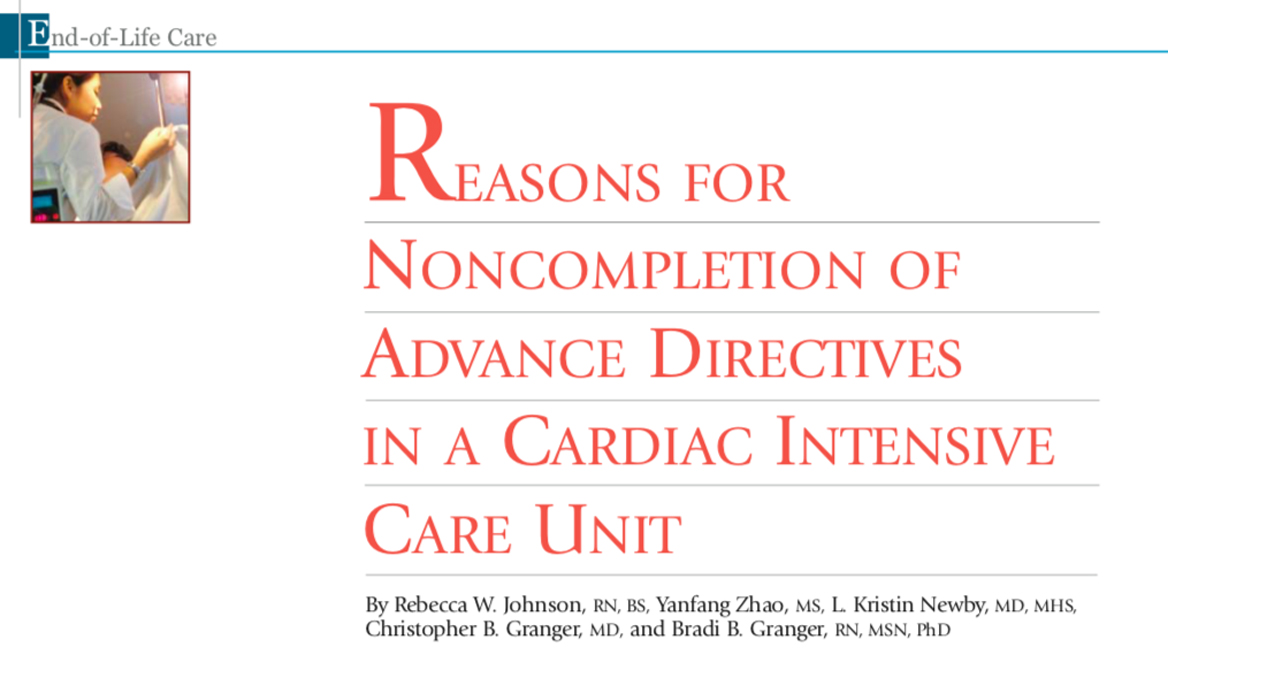
The Patient Self-Determination Act of 1990 man- dates that hospitals reimbursed by Medicare and Medicaid inform each patient about the patient’s right to a natural death.

Nurses are responsible for implementing science that supports patient care and improves outcomes (Committee on Quality of Health Care in America, 2001; Friese, Xia, Ghaferi, Birkmeyer, & Banerjee, 2015; The Joint Commission, 2016). However, adequate integration of evidence in practice is limited, due in large part to time constraints and related barriers to accessing and critically appraising findings from research (Warren et al., 2016; Wilson et al., 2015).

An early epidemiologist and statistician, Florence Nightingale used numbers to demonstrate the effect of simple interventions like hand washing on important clinical outcomes such as death (Nightingale, 1863)
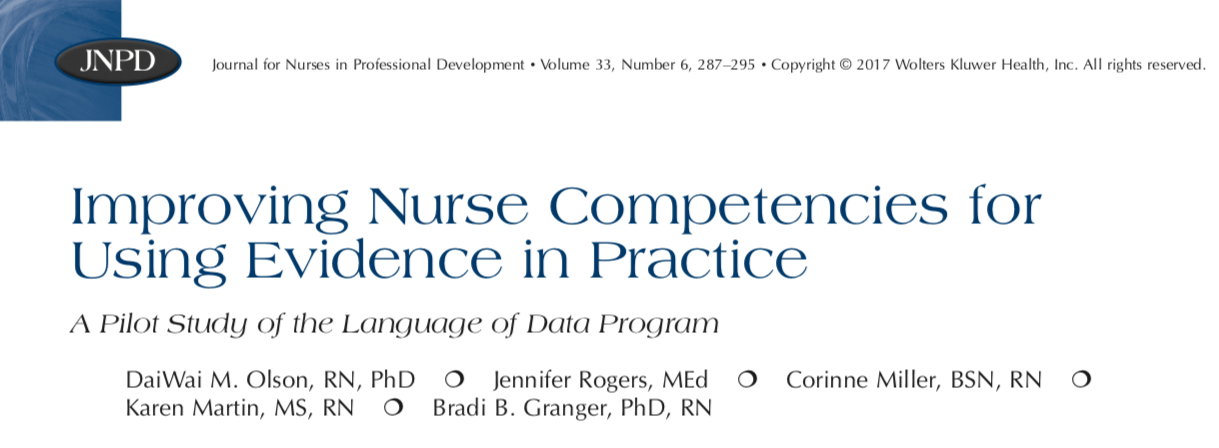
Nurses in clinical practice settings are responsible for implementing science that supports patient care and improves outcomes (Committee on Quality of Health Care in America, 2001; Friese, Xia, Ghaferi, Birkmeyer, & Banerjee, 2015; The Joint Commission, 2016).
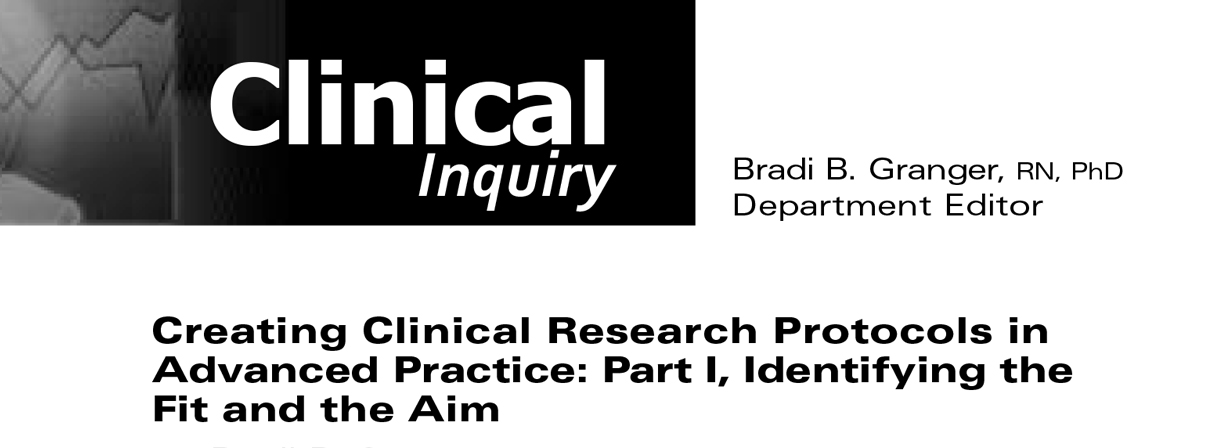
The term “advanced practice nurse” (APN) encompasses nurses with graduate level preparation typically focused on direct patient care, or oversight of direct patient care, in a clinical practice setting.
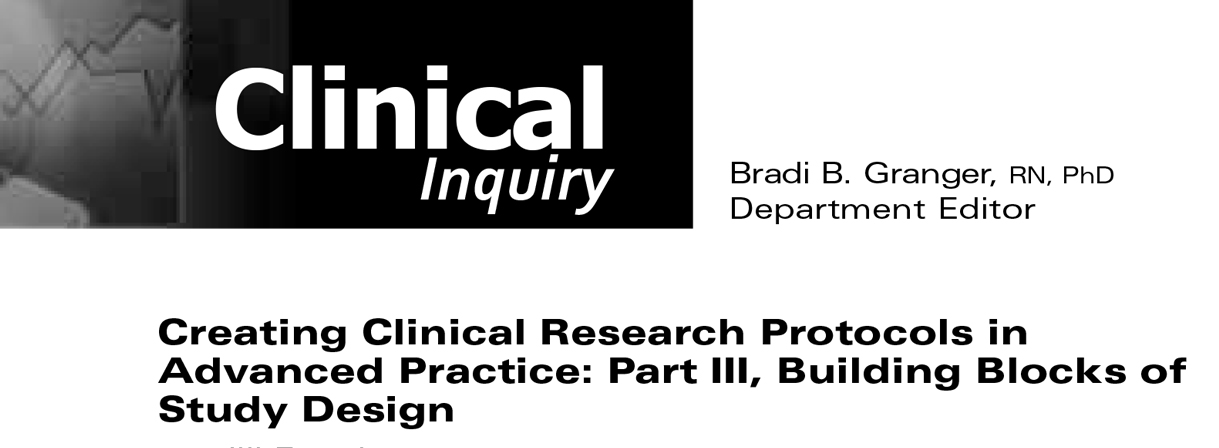
Protocol development to formalize an approach for clinical inquiry in the practice setting is challenging. In this series, we identify 3 challenges that often beset advanced practice nurses (APNs) in the research protocol development phase.
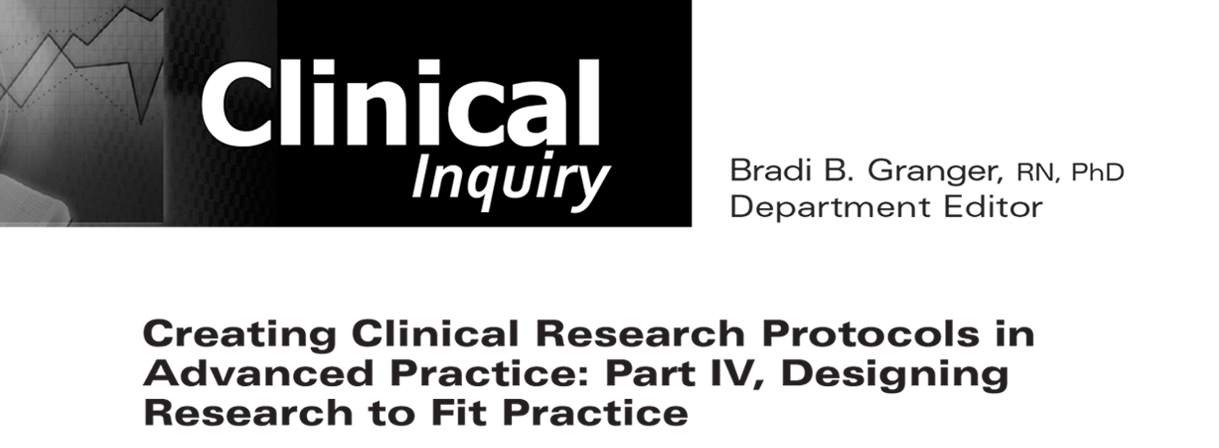
Designing and conducting clinical research is a critical step in the development of new knowledge that improves patient care outcomes. Advanced practice nurses (APNs) are in a key position to lead such clinical inquiry initiatives, yet integrating the skills of protocol development in clinical practice settings is challenging.
© 2024 The Language of Data | All Rights Reserved